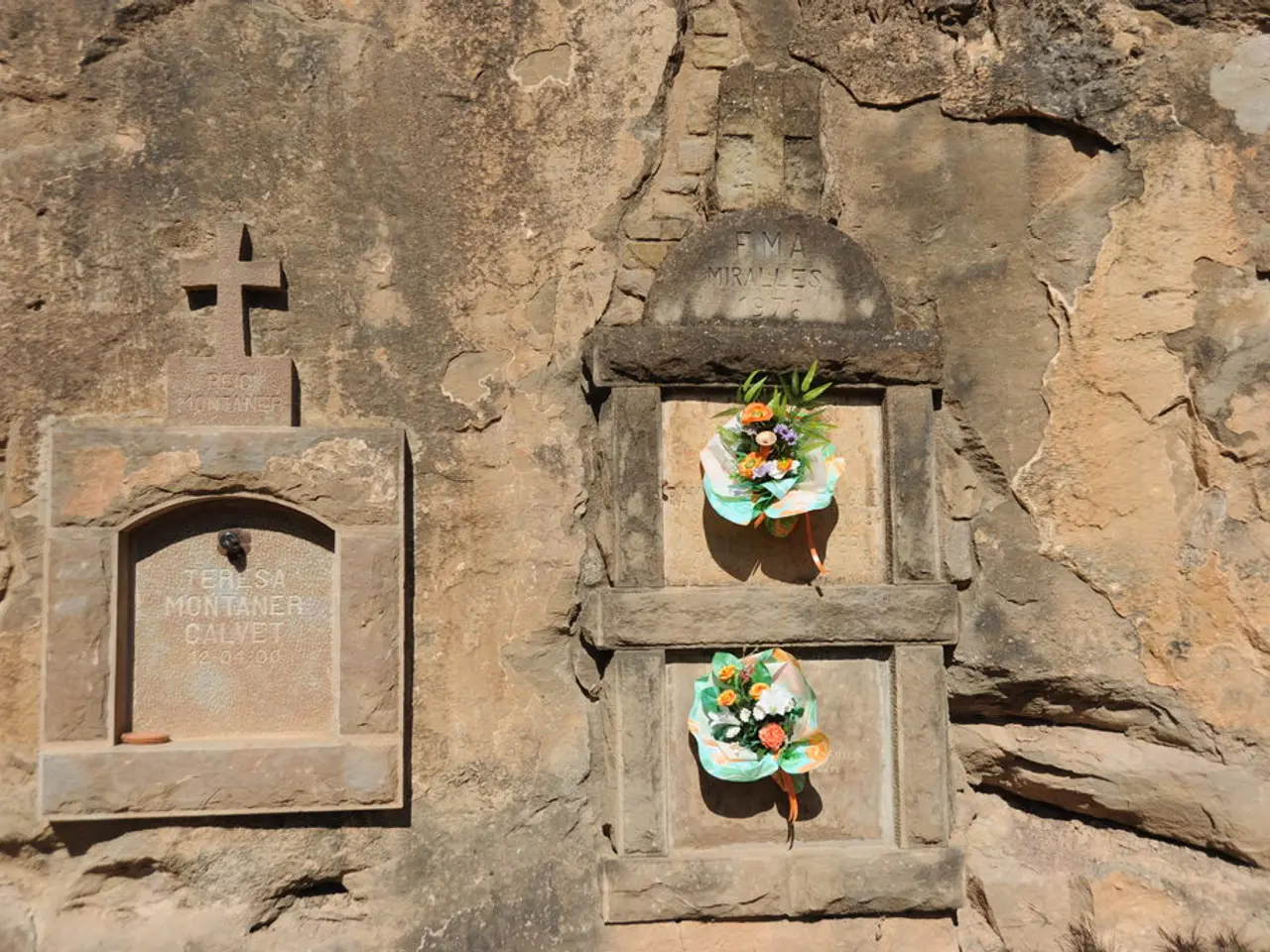A group of Northern California Episcopalians embarks on a pilgrimage to honor the memory of individuals detained in World War II concentration camps.
Pilgrimage to Tule Lake National Monument: A Journey Towards Racial Reconciliation
The Episcopal Diocese of Northern California recently organized a poignant pilgrimage to the Tule Lake National Monument, a significant site that houses the nation's largest World War II Japanese concentration camp. The event, held on September 12, was a crucial step in the diocese's larger efforts towards racial reconciliation.
The pilgrimage was led by The Very Rev. Cliff Haggenjos, who conducted a service of lament. During the service, the names of the 332 people who died at Tule Lake were solemnly read. The Rev. John Kitagawa, the interim chair of The Episcopal Coalition for Racial Equity and Justice, also participated in this moving ceremony.
Tule Lake was the last of the Japanese concentration camps to close, on May 5, 1946. At its peak, it housed 18,700 people of Japanese descent, two-thirds of whom were American citizens. The U.S. government's War Relocation Authority placed 110,000 people of Japanese descent in 10 camps across various states, with Tule Lake Segregation Center opening on May 26, 1942, to house people from western Washington, Oregon, and Northern California.
The pilgrims were given a historical tour of the camp by Steve Sasaki, a docent with the California Museum, and National Park Service rangers. They saw the jail, remains of latrines for men and women, reconstructions of a guard tower, and barracks at the camp.
The injustice of "internment" was acknowledged by Congress in 1988 with the passage of the Civil Liberties Act of 1988, which was signed into law by President Ronald Reagan. This act provided a $20,000 cash payment to each person who was incarcerated, and it included an apology for the unjust treatment.
Camp survivors and others soon began an effort for redress, calling for restitution of civil rights, an apology, and monetary compensation from the U.S. government. In 1980, Congress created the Commission on Wartime Relocation and Internment of Civilians to further investigate these events.
Jo Ann Williams, co-chair of the Commission on Intercultural Ministries, was one of the pilgrimage planners. The Rev. Julie Wakelee, the diocese's canon to the ordinary, also joined in reciting the names of those who died at Tule Lake and expressed concern about parallels to current day discrimination.
Prior to the pilgrimage, a June 7 workshop introduced Episcopalians to Tule Lake. The diocese has also undertaken a racial justice audit by the Mission Institute and has been actively involved in Sacred Ground, a film-and-readings-based dialogue series on race.
The pilgrimage to Tule Lake National Monument serves as a powerful reminder of the past and a call to action for a more equitable future. It underscores the importance of learning from history and working towards racial reconciliation.
Read also:
- United States tariffs pose a threat to India, necessitating the recruitment of adept negotiators or strategists, similar to those who had influenced Trump's decisions.
- Weekly happenings in the German Federal Parliament (Bundestag)
- Southwest region's most popular posts, accompanied by an inquiry:
- Discussion between Putin and Trump in Alaska could potentially overshadow Ukraine's concerns








